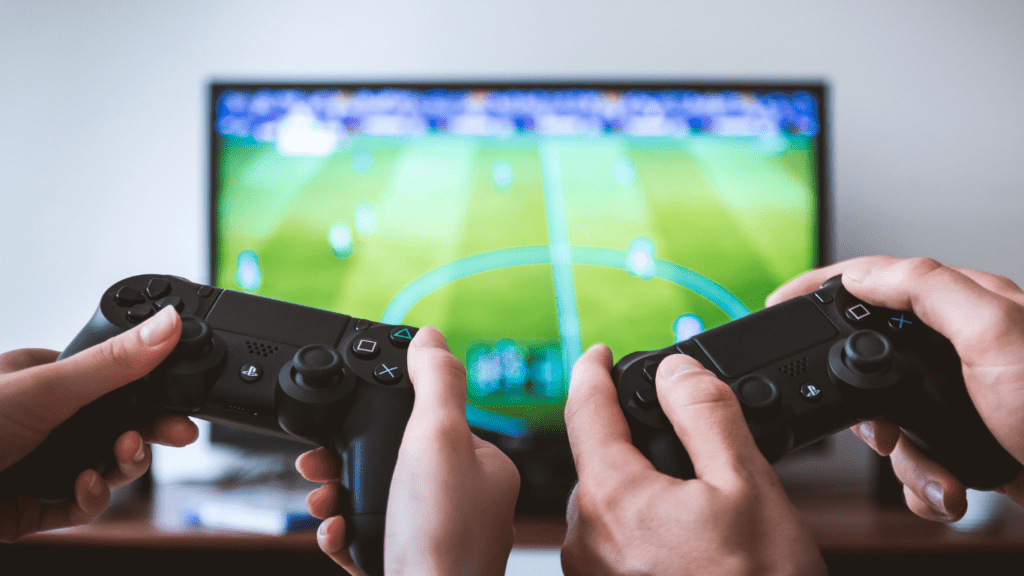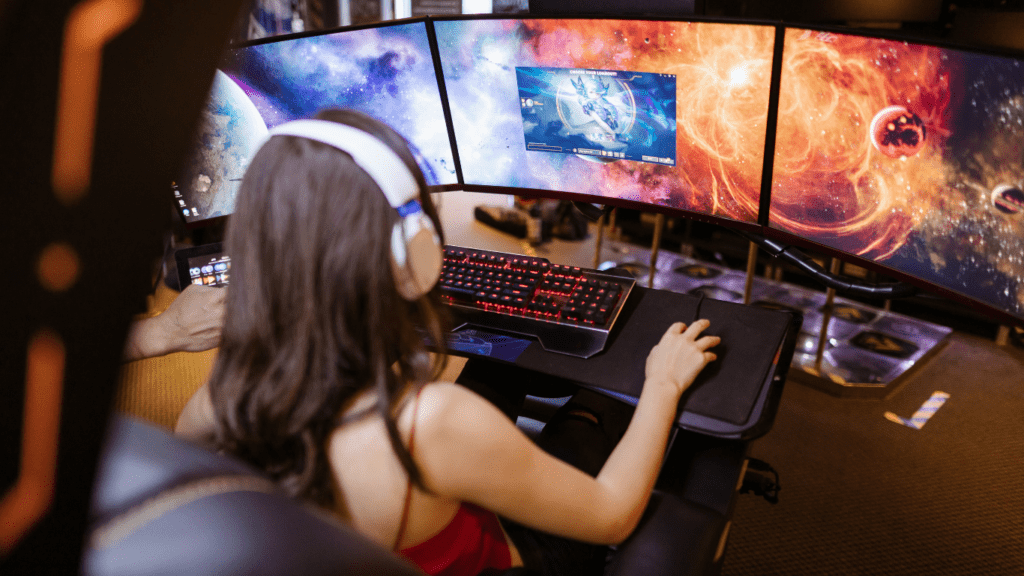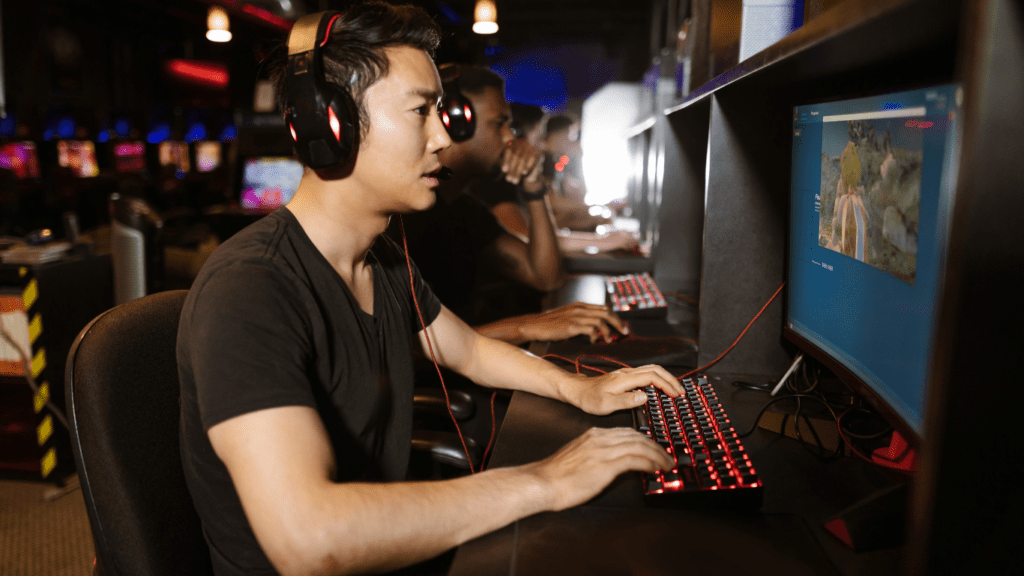Understanding the E-Sports Industry
The e-sports industry, a rapidly growing sector within the broader gaming market, generated $1.08 billion in revenue in 2021 according to Newzoo. Major revenue streams include sponsorships, media rights, advertising, publisher fees, merchandise, and ticket sales. Understanding these revenue sources helps in creating a financially viable team.
Professional players, teams, and tournaments form the industry’s core. Players specialize in specific games like “League of Legends,” “Dota 2,” and “Fortnite.” Tournaments, often streamed on platforms like Twitch and YouTube, attract millions of viewers globally. Engaging with these platforms can broaden a team’s reach and fan base.
Sponsorships are crucial for financial support. Big brands invest heavily in e-sports due to its young, tech-savvy audience. Securing sponsors involves showcasing the team’s marketability and potential for high visibility. Operational costs, including player salaries, travel expenses, and equipment, depend on successful partnerships.
Regulatory bodies like the ESL (Electronic Sports League) and specific game developers govern e-sports. They set rules for fair play and tournament structures. Adhering to these regulations is essential for legitimacy and participation.
The culture within e-sports is unique and global. Fans are highly engaged across social media platforms and community forums. Maintaining a strong online presence and interacting with fans can boost a team’s popularity. Understanding this culture facilitates better team branding and loyalty.
By comprehending these aspects of the e-sports landscape, building a competitive team becomes a structured, informed process.
Planning Your E-Sports Team
Strategic planning forms the backbone of any successful e-sports venture. Clear objectives and financial foresight ensure the team’s longevity and competitiveness.
Identifying Your Goals
Defining specific objectives gives the team direction. Decide if you aim for casual local tournaments or major global championships. Clarify the primary game or genre, as specialization improves focus and skill development. Establish milestones, and use performance metrics like win rates and follower growth to measure success. Example: Aiming to participate in one global championship within a year.
Setting a Budget
Creating a detailed budget helps manage resources efficiently. Allocate funds for equipment, player salaries, travel, and tournament fees. Include marketing expenses to boost the team’s visibility online. Example: $10,000 for high-end gaming PCs and peripherals, $5,000 for initial salary, and $2,000 for marketing. Budget contingencies for unexpected costs ensure financial stability.
Recruiting Team Members
Recruiting skilled and compatible team members determines the success of your e-sports team. This section focuses on selecting skilled players and evaluating team chemistry to ensure a harmonious and effective team.
Selecting Skilled Players
Finding players with high-level skills is crucial for competitive success. Start by joining online gaming communities and forums dedicated to your chosen game or genre. These platforms often have sections where players showcase their skills or seek teams, making them ideal for talent scouting.
Attend tournaments, both online and offline, to observe players in action. Pay attention to their performance under pressure, communication abilities, and overall game sense. If a player consistently performs well, they may fit your team.
Utilize social media platforms to announce tryouts. Provide clear criteria for selection and expectations from potential team members. Set up a structured tryout process to evaluate individual skills effectively. Track metrics like kill/death ratios, objective control, and teamwork during these sessions to make informed decisions.
Evaluating Team Chemistry
High individual skills mean little if team members can’t work together. Ensure players have compatible communication styles and complementary playstyles to foster a cooperative environment.
Conduct team-building exercises and practice sessions to gauge how well players gel together. These activities help identify potential conflicts and areas where the team can improve in communication and coordination.
Encourage honest feedback among team members. This helps in recognizing and resolving issues early, ensuring a smooth functioning team. Regular team meetings create a platform for discussing strategies, reviewing performances, and fostering a strong bond among members.
By focusing on these two critical aspects, you’ll set a solid foundation for an e-sports team capable of achieving success and cohesion both in and out of the game.
Structuring Your Team
Building your e-sports team requires a clear structure to maximize performance. A well-organized team is crucial for consistent success in competitive gaming.
Defining Roles and Responsibilities
Ensure each team member understands their role. Specific roles may include:
- Team Captain: Leads the team during matches and communicates with coordinators.
- Strategist: Develops game plans and tactics.
- Support: Provides in-game assistance and resources to other players.
- DPS (Damage Per Second): Focuses on dealing high damage to opponents.
- Tank: Absorbs damage and protects teammates.
Example: In a game like Overwatch, the DPS must coordinate closely with the Tank to execute strategies effectively.
Assigning clear responsibilities helps streamline team operations. If the Strategist and Team Captain overlap in duties, confusion may occur.
Establishing a Training Schedule
A consistent training schedule is essential. Regular practice sessions enhance skills and build team synergy. Consider the following:
- Daily Practice: Schedule 2-3 hours of intense practice each day.
- Weekly Review: Conduct a weekly analysis of gameplays and strategies.
- Individual Training: Include time for personal skill improvement.
- Scrimmages: Arrange practice matches against other teams regularly.
Example: A League of Legends team might train daily, focusing on different aspects like laning, team fights, and macro gameplay each day.
Balance is key. Over-scheduling can lead to burnout, so incorporate rest days.
Building Team Branding

Building a strong brand is crucial for an e-sports team to stand out and attract fans and sponsors. Effective branding creates a unique identity and establishes a recognizable presence in the competitive gaming scene.
Creating a Team Name and Logo
A memorable team name and compelling logo are essential. The name should reflect the team’s personality and mission. I recommend choosing something catchy and easy to remember. Ensure the name resonates with potential fans and sponsors alike. For example, names like “Team Liquid” or “Cloud9” have strong identities in the e-sports world.
Developing a professional logo is the next step. The logo should be simple yet distinctive, incorporating elements that represent the team’s spirit and values. Hiring a professional graphic designer can ensure high-quality results. A well-designed logo can be versatile across various media, from social media profiles to merchandise.
Developing a Social Media Presence
A strong social media presence is essential for engaging with the gaming community and building the brand. Focus on major platforms like Twitter, Instagram, Twitch, and YouTube. Consistent posting and interaction with followers help grow the fanbase. Share behind-the-scenes content, match highlights, and team updates to keep the audience engaged. Collaborations with influencers and other teams can also boost visibility.
Utilize analytics tools to track engagement and optimize content strategies. Use a unified voice and branded visuals across all platforms to maintain a professional image. Leverage social media for promotional campaigns, fan interactions, and regular updates to build a loyal follower base and attract sponsors.
Participating in Competitions
Engaging in competitions elevates team performance and provides essential exposure. It’s vital to plan and strategize to ensure participation in the most advantageous tournaments.
Choosing the Right Tournaments
Identifying suitable tournaments requires analysis. I evaluate the skill level and format of each competition. Local and online tournaments often serve as valuable starting points.
Major competitions, like Intel Extreme Masters or ESL, offer extensive exposure but assume higher skill levels and preparation. I also consider the prize pool, which can boost team motivation.
Preparing for Matches
Match preparation involves more than practicing game mechanics. I study the strategies of opposing teams through replays and analyze their strengths and weaknesses.
Creating a comprehensive game plan tailored to each opponent is vital. In-scrimmage practice sessions and team discussions help refine these strategies. Maintaining a strong mental state by stress management and morale-boosting exercises ensures the team performs at its best during competitions.




